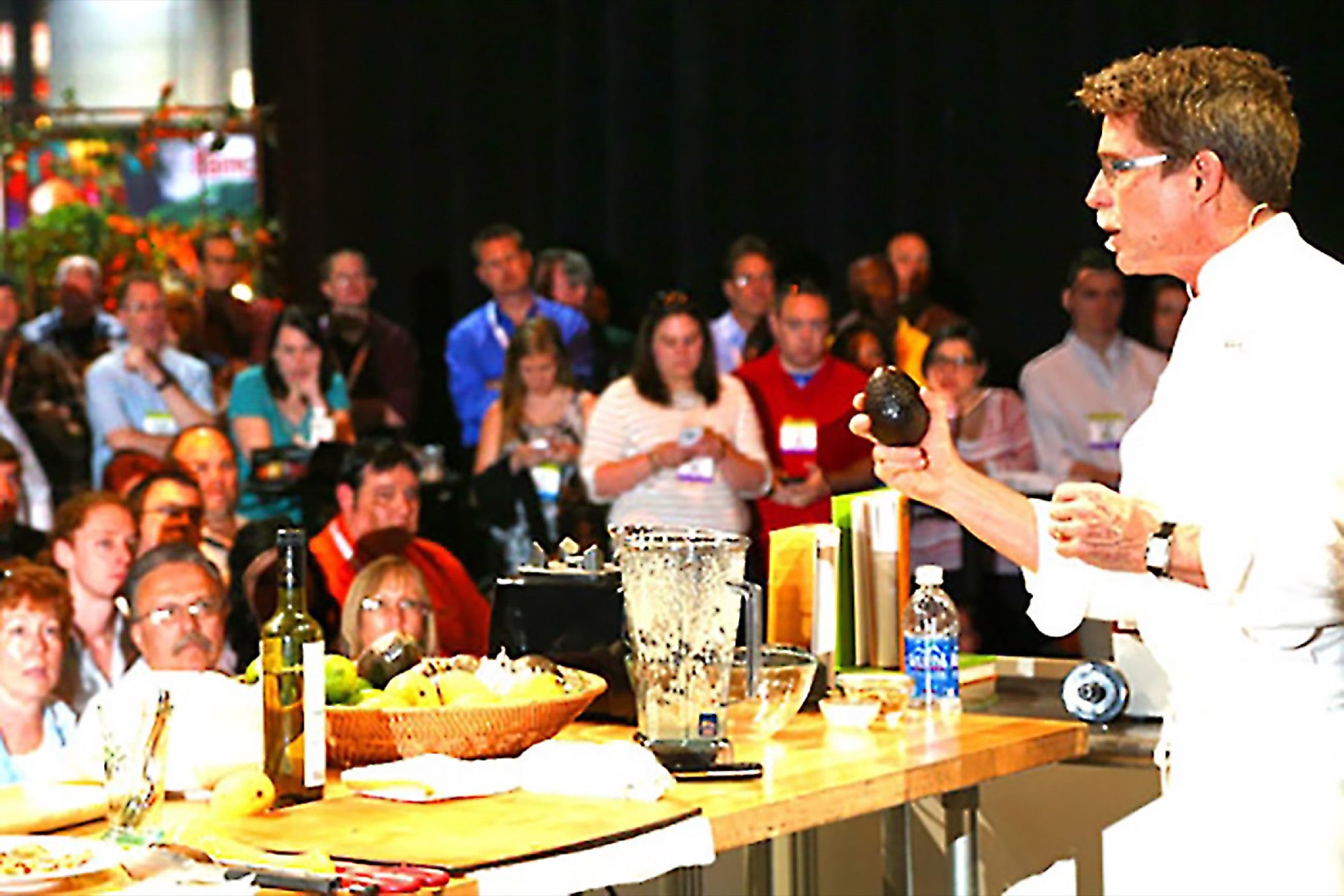How to Create a Sustainability Program for Your Restaurant Three tips on how to source ingredients responsibly from the experts at the National Restaurant Association Show.
By Lindsay LaVine •

Opinions expressed by Entrepreneur contributors are their own.

The 94th annual National Restaurant Association Show wrapped in Chicago this week, bringing restaurant owners, chefs, and entrepreneurs together to discuss hot topics in restaurant and hospitality businesses. One of the most discussed topics was how to run a sustainable food-based business.
According to Charlie Arnot, CEO of the Gladstone, Mo.-based Center for Food Integrity, sustainability is much broader than environmental impact. It also includes the humane treatment of animals and fair treatment of employees. While there's no uniform definition of sustainability, the benefits of such a program are clear: locally-sourced ingredients help local farmers, which minimizes transportation and storage costs.
Giving customers quality food that is responsibly grown, can benefit the environment and individual health, as well as your reputation with customers. Here are three tips from the experts at National Restaurant Association Show on how to start a sustainability program for your restaurant:
1. Have an objective.
Arnot suggests having an end goal in mind when developing a sustainability program. "Think about what you want [from your] sustainability program," he said. Will you respond to a specific problem, such as the recent "pink slime" problem with beef, or are you looking to implement a long-term change, such as developing a recycling and composting program? Having an objective helps to evaluate benchmarks.
Related: Lessons From Fair Trade on How to Make Your Brand Message More Powerful
2. Ask your suppliers the important questions.
More than 90 percent of the fish sold in United States are imported from China and Thailand, says Tim Fitzgerald, senior policy specialist at the Environmental Defense Fund. With recent reports of seafood mislabeling in the news, consumers are concerned about how seafood arrives to their table. To combat this problem, companies like Gulf Wild have instituted fish tracking programs like TransparenSea that allow consumers to track their fish to find information such as the type of fish, and where the fish was harvested.
Fitzgerald says restaurants should be prepared to answer questions from their customers and should ask their suppliers questions about the origins of the products. For fish, ask what country the fish is from, if it is wild-caught or farm-raised, and if there eco-friendly alternatives.
Consider asking farmers what their labor practices are, where their farm located, what the animals are fed and if any of the animals given antibiotics or hormones. Knowing the answers to these questions, and sharing this information with your guests, builds trust and adds value, says Rick Bayless, award-winning Chicago-based chef and owner of Frontera Grill.
3. Find a program that works for you.
With so much information out there about seafood sustainability, it's easy to get overwhelmed, Bayless said. For seafood sustainability, Bayless uses the Seafood Watch at the Monterey Bay Aquarium program.
Bayless suggests finding a source for information about food sustainability and following their recommendations for best practices. The non-profit Chefs Collaborative, and the Center for Food Integrity are both good resources for finding information.
Related: The Triple Bottom Line Goal of Sustainable Businesses











